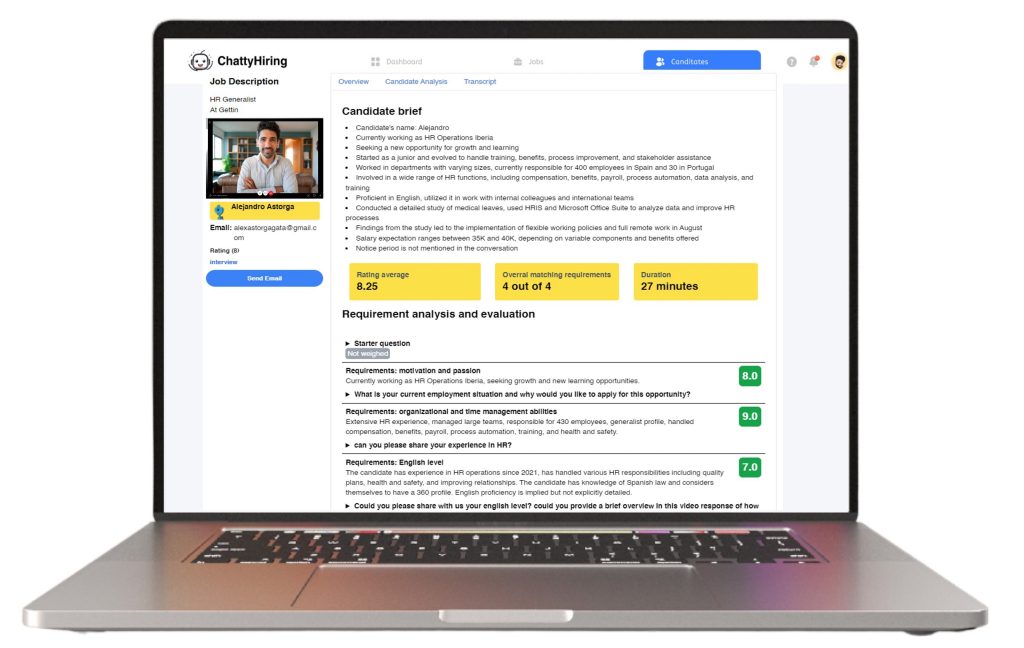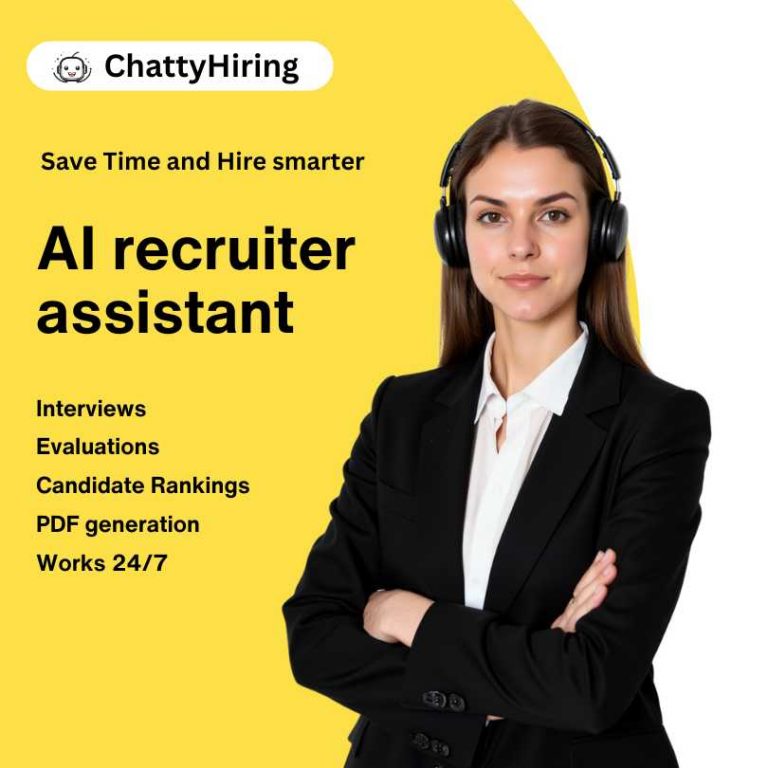Productivity is a cornerstone of effective recruitment, ensuring that companies can attract and secure top talent. However, Talent Acquisition (TA) teams often face barriers that compromise their efficiency, delay processes, and impact candidate experiences. According to Deloitte, inefficient recruitment strategies not only increase operational costs but also hinder the ability to compete in today’s talent market. Below, we explore five common mistakes that derail recruitment productivity and highlight actionable solutions to address them.
1. Lack of Verifiable Information in Resumes
One of the primary causes of productivity loss is incomplete or ambiguous information in resumes. Often, CVs require additional verification before moving candidates forward, delaying the selection process. This can lead to unnecessary interviews with underqualified candidates, wasting valuable time.
The need for reliable information is critical. If recruiters lack comprehensive details prior to interviews, these meetings may become ineffective, further draining resources.
To tackle this issue, companies are turning to AI-powered candidate screening tools, which automate the verification process, saving time and improving accuracy. Learn more about enhancing the efficiency of candidate screening with AI-driven solutions.
2. Inefficient Qualification Calls and Interviews
Scheduling interviews to finalize candidate qualification often consumes a disproportionate amount of time. Coordinating schedules between candidates and interviewers through back-and-forth emails can be tedious and frustrating.
Additionally, inconsistent interview practices can unnecessarily extend hiring cycles, wasting time and diminishing the candidate experience. This inefficiency may deter top talent from proceeding with the hiring process.
A study by LinkedIn highlights that 83% of recruiting time is spent on administrative tasks,
3. Overwhelming Manual Report Writing
Recruiters often spend a significant amount of time preparing detailed candidate reports for review by hiring managers. These documents include evaluations of skills, experiences, strengths, and weaknesses, along with tailored recommendations for the next steps.
While these reports are crucial for decision-making, the manual effort required is time-intensive, taking resources away from more strategic recruitment activities.
Integrating recruitment platforms with automated report generation capabilities can optimize workflows, reducing time spent on manual tasks. Check out this overview of recruitment solutions to discover tools designed to streamline the process.

4. Language Proficiency Challenges
Evaluating candidates’ language proficiency is a frequent pain point, especially when specific language skills are critical for a role or when dealing with international teams.
Self-assessments on resumes can be inaccurate, and standardized tests may fail to capture fluency in real-world work scenarios. This can lead to situations where candidates seem qualified on paper but fall short in practical performance.
5. Lack of Digitalized Candidate Data
Finally, an ongoing challenge for recruiters is managing the sheer volume of candidate data generated during hiring processes. Without systematic digitalization, critical information is often lost or becomes difficult to access efficiently.
Manual data management slows down decision-making, hindering recruiters from quickly identifying and evaluating top talent among dozens or even hundreds of applicants.
McKinsey underscores that digital transformation in HR, including data automation, enables organizations to adapt faster and make more informed decisions. Implementing systems for centralized candidate data storage and retrieval is essential for sustained productivity.

The Role of Artificial Intelligence in Improving Recruitment Productivity
AI is revolutionizing recruitment processes, automating repetitive tasks and enabling recruiters to focus on high-value activities. Leveraging automated hiring systems can drastically reduce the time spent on these activities, enabling recruiters to focus on more strategic tasks like candidate engagement and evaluation.
To remain competitive, organizations must balance automation with a human touch. This ensures that recruiters maintain strategic oversight while leveraging technology to handle operational tasks. By adopting AI responsibly, companies can unlock unparalleled efficiency, improve candidate experiences, and secure top-tier talent.
-

A passionate advocate for the future of HR innovation. With expertise in leveraging AI to revolutionize recruitment processes, Carlos has a clear vision: empower HR teams while creating meaningful candidate experiences.
View all posts





